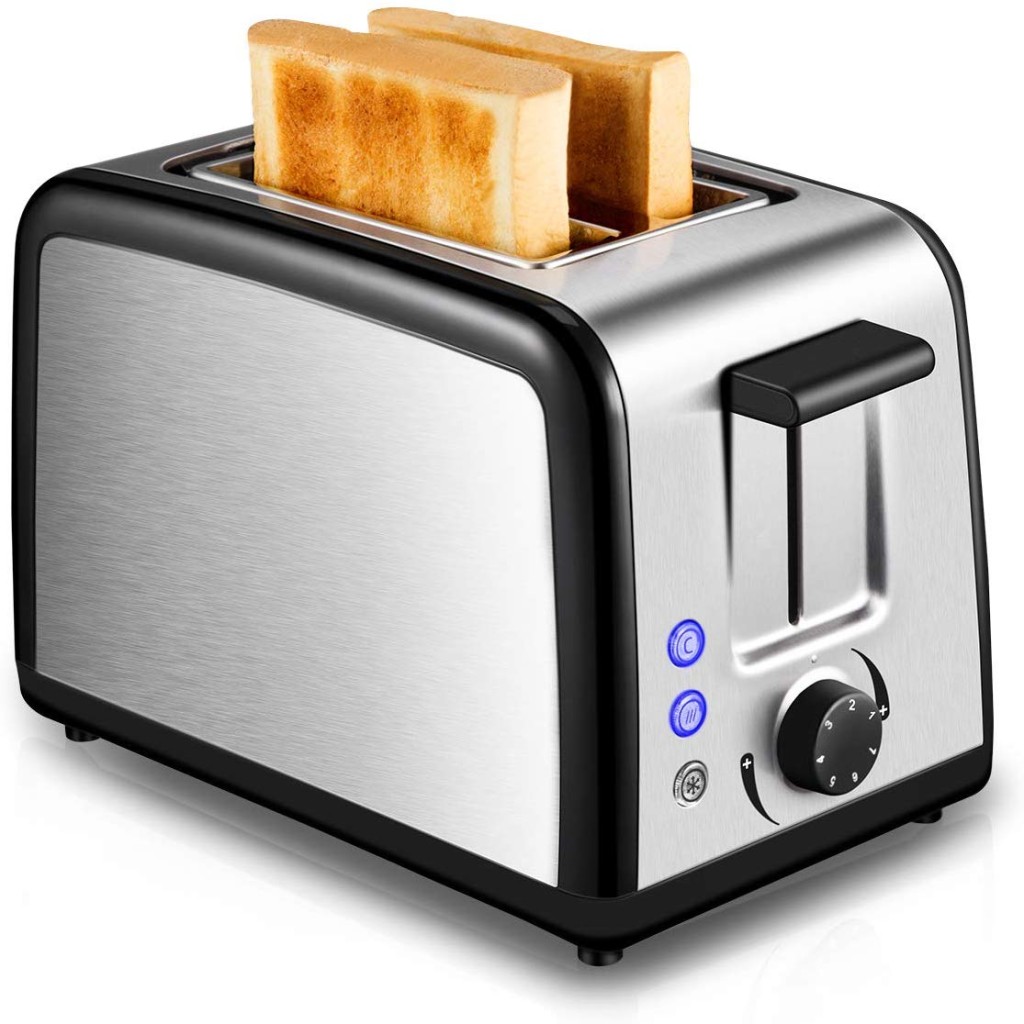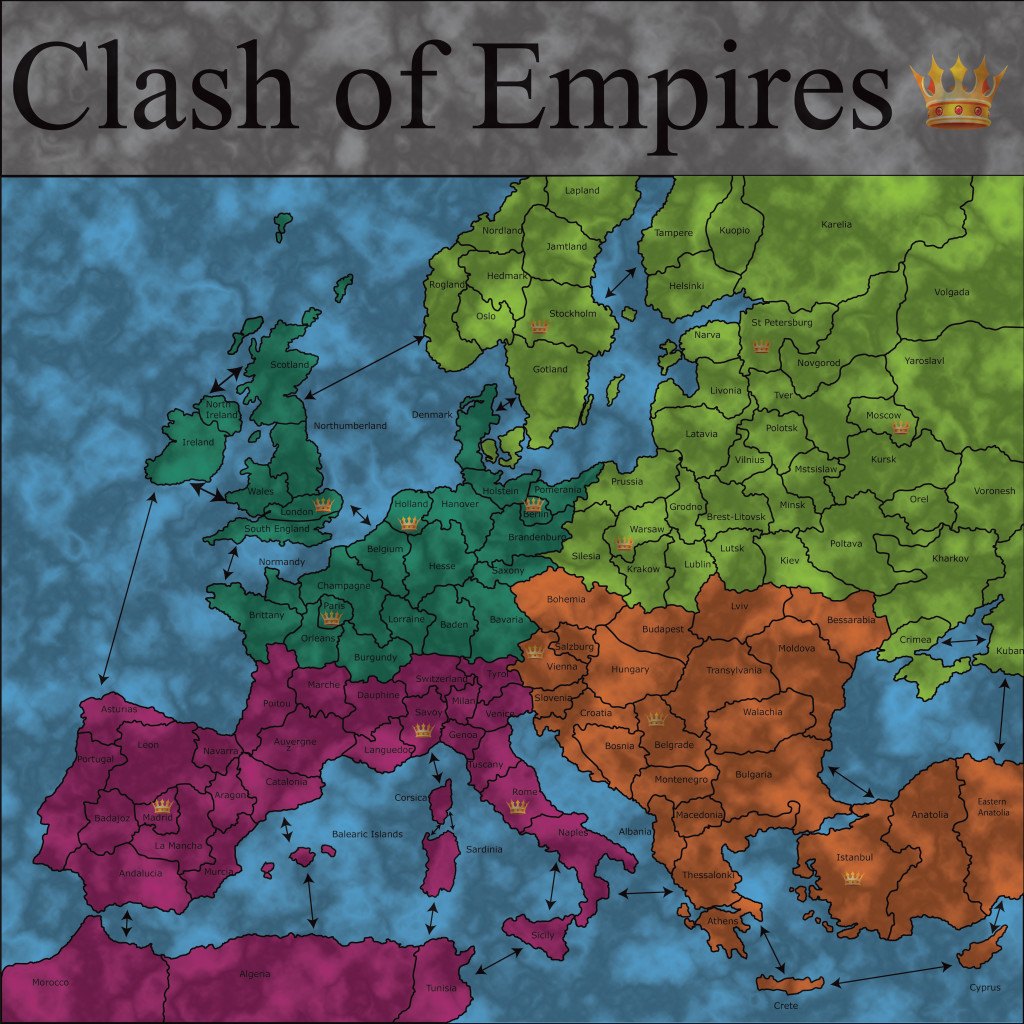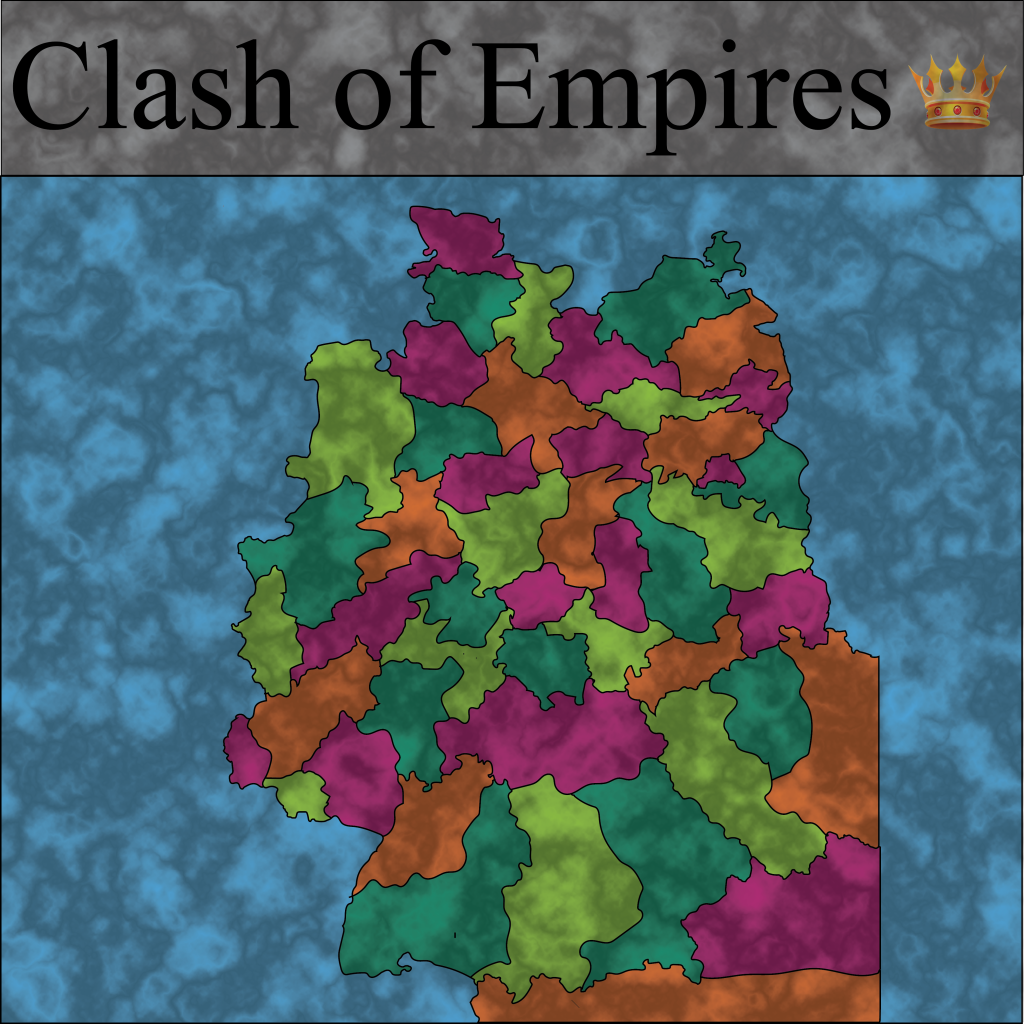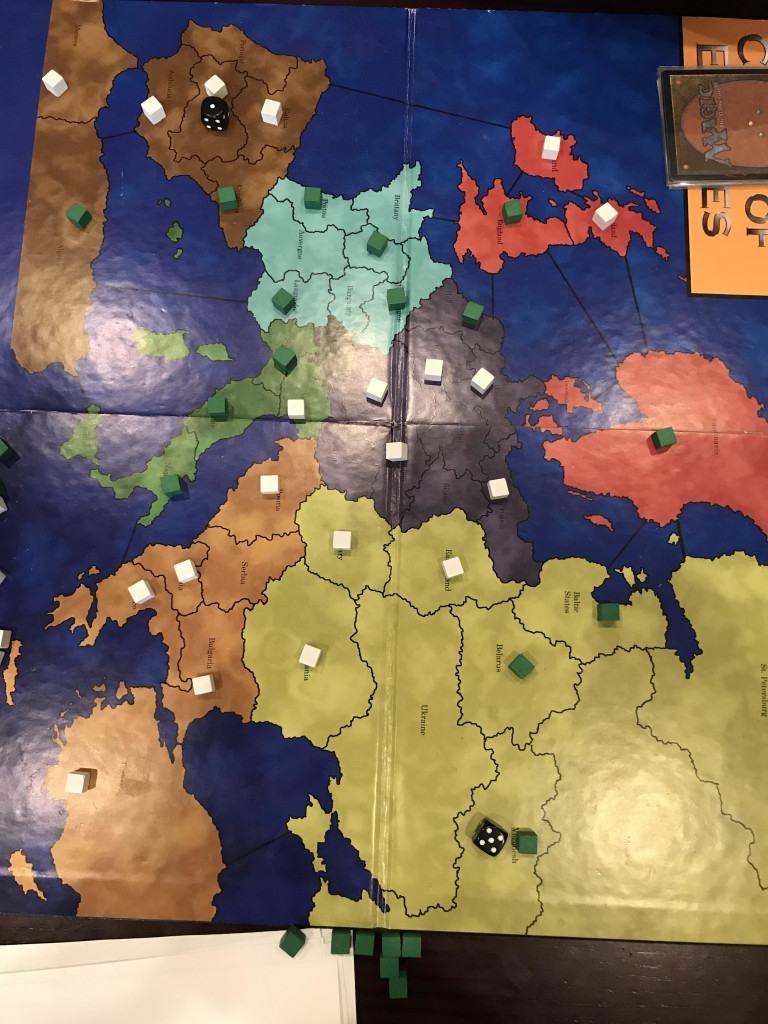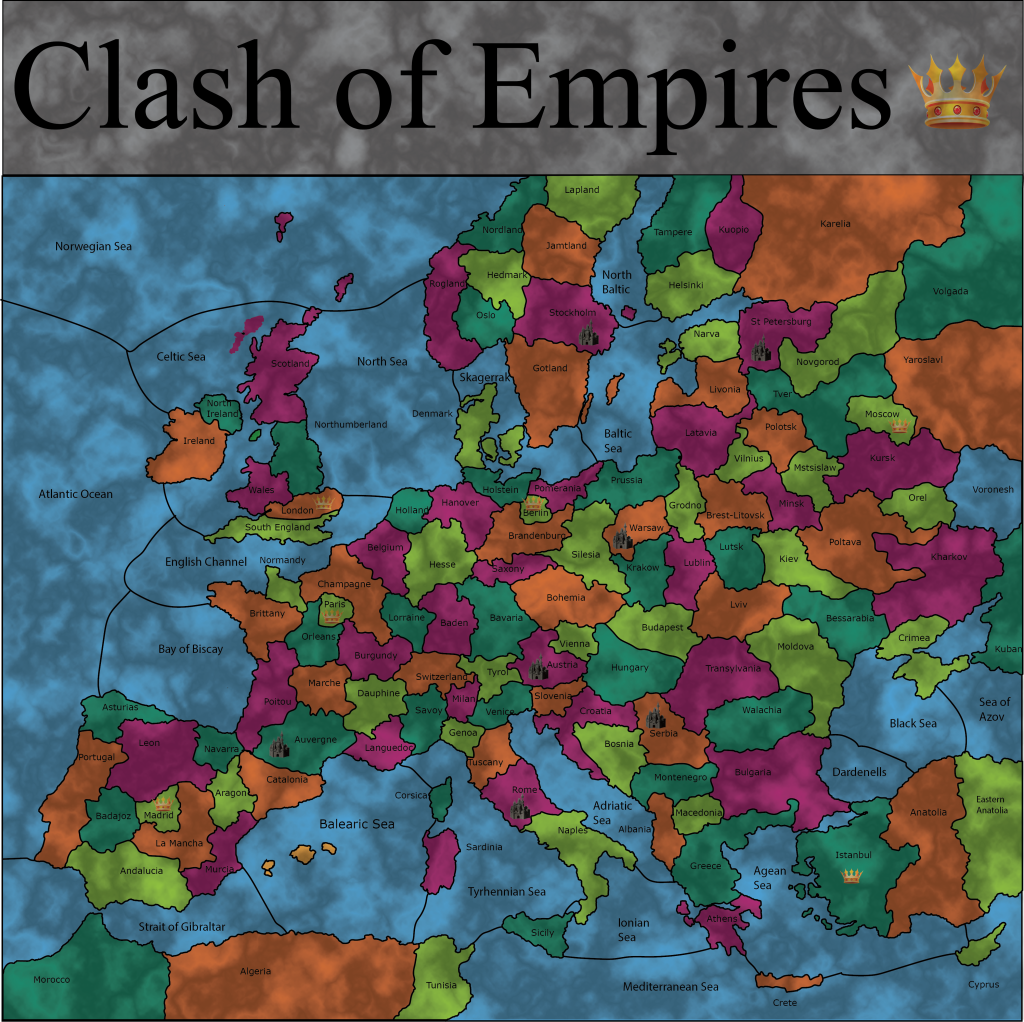I was thinking about ways to make Clash of Empires work for more than 2 players. This week, I came up with a variant where players trade “shares” in countries that are fighting each other on the board. The winner is the person who makes the most money at the end of the game.
There are two things I want to accomplish with this variant. First of all, control of a country is based on being the majority shareholder, and you can make money by buying shares in countries you do not own. This adds a new layer of strategy as players need to predict how the board position will change and make investments in the right country. Second, the value of a country’s shares increases based on how fast that country is expanding. Players will be encouraged to make a country rapidly expand, then sell its shares to make a big profit. This encourages dynamic board positions as players abandon a large country for a smaller one that can rapidly expand and take the place of the overextended large country.
The game will be played over a number of turns , each split up into several phases.
Investment Phase: For each player in the game, create an individual pile of x stocks, and place them to the side of the board. Afterwards, players can bid on stocks. On a player’s turn, they pick a pile of stocks, and then place a bid on that pile. Their bid must be higher than any previously existing bids. Players keep going until everyone has the highest bid on 1 pile.
Control Phase: If a player has the most stocks, they get control of a country. In case of a tie, control does not change. If nobody previously had control of a country, then the player who bought a stock of that country from the leftmost pile gains control.
Action Phase: Starting with the first player(first player rotates counter-clockwise), and moving clockwise, each player picks a country they have majority control in, and performs an action round with them. Then, starting clockwise from the first player, anyone who doesn’t have majority shareholder in a country, may take actions with a country that hasn’t done anything that turn.
Here is how an action round for a country works.
-Majority shareholder places troops in a county equal to its reinforcement value. To figure out the reinforcement value, count the number of regions a country owns, and divide that by 2 rounded down. Troops can only be placed in a country’s home regions.
-Move troops. Majority shareholder can move each troop to an adjacent region. If there are enemy troops in the same region, combat happens. Keep removing one troop for the active country, and one troop for the defending country until one country is out of troops. If the defender runs out of troops, and the active country still has at least one troop, the active country takes control of the territory.
-Sell shares. Starting with the active player and moving clockwise, a player can sell shares in a country to get money. The value of a country’s share is based on the number of regions that country controls. During the last round, players automatically sell their shares.
After playing a fixed number of rounds, the game will end. The player with the most money wins.
